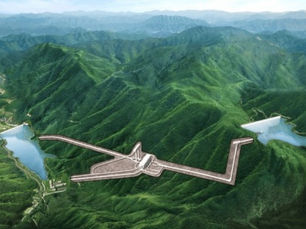New Funding for Mobility Infrastructure Photovoltaics Launched in Baden-Württemberg
- Energy Box

- Aug 16, 2024
- 2 min read
Baden-Württemberg has allocated four million euros for innovative photovoltaic projects on various mobility infrastructures. Applications for this funding are now open.
In 2023, Baden-Württemberg pioneered a funding program for photovoltaic systems on existing parking lots, where solar systems have been mandatory for new areas with 35 or more parking spaces since 2022. The Ministry for the Environment, Climate, and Energy Sector has announced a new follow-up program titled "Using Space Twice - Photovoltaics on Mobility Infrastructures."
This program aims to promote solar systems on already utilized spaces, such as noise barriers, roofs at bus stops, bicycle parking spaces, cycle paths, pedestrian paths, bridges, and transformer houses. The initiative encourages innovative and model projects, with these criteria factored into the application evaluation.
Eligible investments include necessary fastenings, supports, pillars, foundations, the photovoltaic system itself, and its technical equipment like inverters and grid connections. Projects must have a minimum output of 100 kilowatts. Grants can cover up to 40% of eligible expenses, with a funding cap of 300,000 euros per project. Applicants can submit a maximum of two applications per module and no more than three applications in total.
The program is open to companies, legal partnerships and entities under private law, legal entities under public law (including municipalities), universities, and non-university research and development institutions. Projects must commence in 2024 and be completed by November 30, 2025. Applications can be submitted to the Karlsruhe Project Management Agency (PTKA) digitally via the "pt-outline" electronic application system until October 10, 2024.
Raimund Haser, the energy and environmental policy spokesperson for the CDU parliamentary group, expressed satisfaction with the state's support for expanding photovoltaic systems on roads, railways, and noise barriers. He highlighted the success of the previous program for parking lot photovoltaics and affirmed that both programs contribute sensibly to Baden-Württemberg's energy system transformation and renewable energy expansion without consuming additional land.















Comments